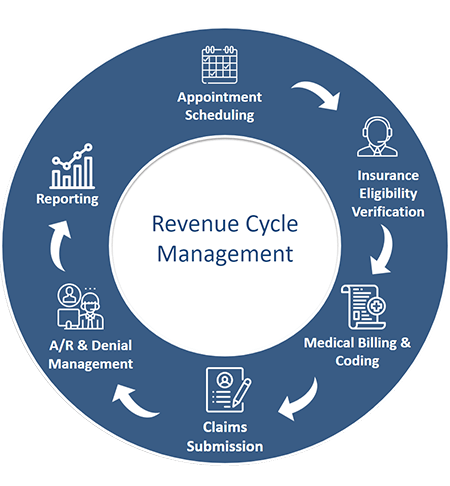Revenue cycle management (RCM) is a critical component of medical billing and is used to manage the financial flow of a healthcare organization. It encompasses a number of processes, including patient registration, billing, coding, insurance claims, payments, and collections. RCM takes a holistic approach to managing the entire financial process of a medical practice, from start to finish. To find out more about the best Revenue Cycle Management visit https://qbotica.com/solutions/healthcare-automation/.

The goal of RCM is to maximize revenue and reduce costs for a healthcare organization. To accomplish this, RCM focuses on patient data accuracy, effective coding, timely billing and collection, and minimizing rejected claims.
RCM is an essential part of the medical billing process and is necessary for any healthcare organization that wants to remain financially viable. By ensuring accurate and timely payments from insurance providers, a healthcare organization can reduce its financial exposure and improve its bottom line.
RCM is a complex process that requires knowledge of the healthcare industry, coding, billing, and regulations. Healthcare organizations must ensure they have the right people in place to effectively manage the revenue cycle.
Revenue cycle management (RCM) is a financial process that manages all claims and payments in the healthcare industry. It involves the coordination of information between all stakeholders in the healthcare system, such as providers, payers, patients and other third parties, to ensure accurate and timely payments for services rendered.
